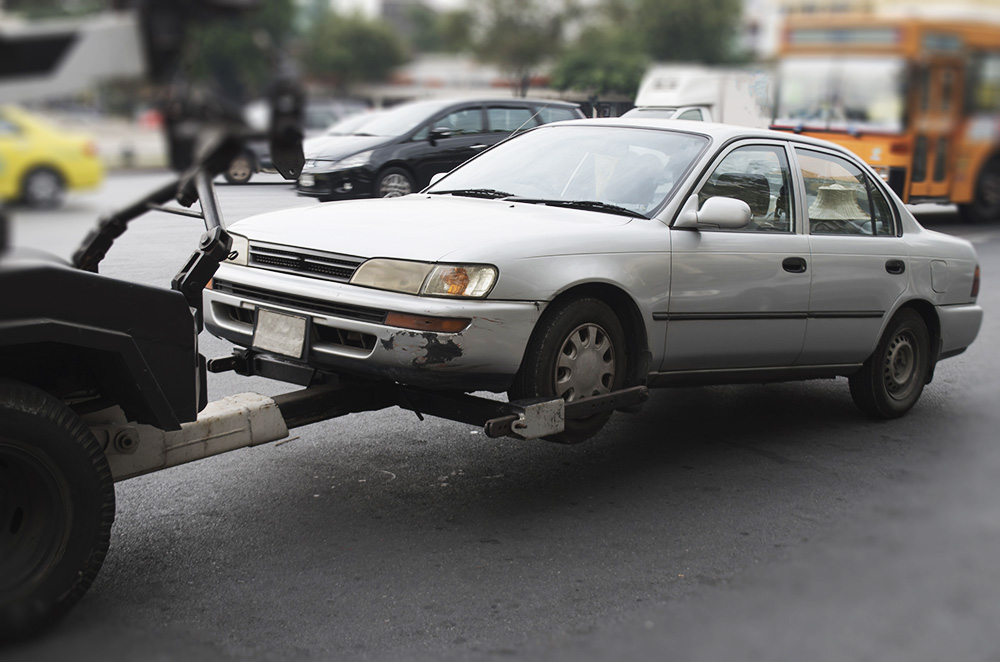Impound Car: Understanding the Process and Its Implications
When a vehicle is impounded, it often sparks confusion and frustration among car owners. This article explores the ins and outs of car impoundment, demystifying the legal processes involved and shedding light on what it means for vehicle owners.
What Is an Impound Car?
Impounding a car refers to the process where law enforcement or local authorities take possession of a vehicle due to various infractions or legal issues. The circumstances surrounding each impound can vary widely, including but not limited to:
- Violation of traffic laws
- Unpaid parking tickets
- Involvement in criminal investigations
- Being abandoned in public spaces
Understanding these situations is crucial for owners to navigate the complexities of vehicle recovery and to advocate effectively for themselves in case of disputes.
The Impound Process
The journey of an impound car involves several stages. Once a vehicle has been towed, the owner typically faces a maze of regulations and fees. Key steps include:
- Notification: Authorities send a notice to the last registered owner.
- Fees: Recovery often involves substantial fees, including towing and storage costs.
- Documentation: Owners must present valid identification and proof of ownership.
Understanding these steps helps owners prepare for the inevitable reality of reclaiming their vehicle, as ignorance can often lead to prolonged delays and increased costs.
Benefits of Knowing Your Rights
Knowledge is power, especially when it comes to the impound process. Awareness of one’s rights can significantly alter the outcome of an impound situation, offering benefits such as:
- Prevention of unnecessary fees by addressing errors quickly.
- Understanding legal recourse against wrongful impoundment.
- Better negotiation leverage with towing companies.
By equipping oneself with information, car owners can navigate these challenges with confidence, ensuring their interests are protected.
The Value of Preventative Measures
Preventing an impound situation is always preferable to dealing with its aftermath. Proactive measures can save time, money, and stress. These strategies include:
- Regular checks on parking regulations in various areas.
- Promptly addressing unpaid tickets or legal notices.
- Consulting legal advice when in doubt about vehicle laws.
Implementing these practices not only protects vehicle owners but also contributes to safer and more lawful community environments.
Conclusion
The world of impound cars may seem daunting, but with the right knowledge and preparedness, owners can regain control over their vehicles and avoid costly mistakes. Embracing this knowledge empowers individuals, transforming a challenging process into a manageable experience.

